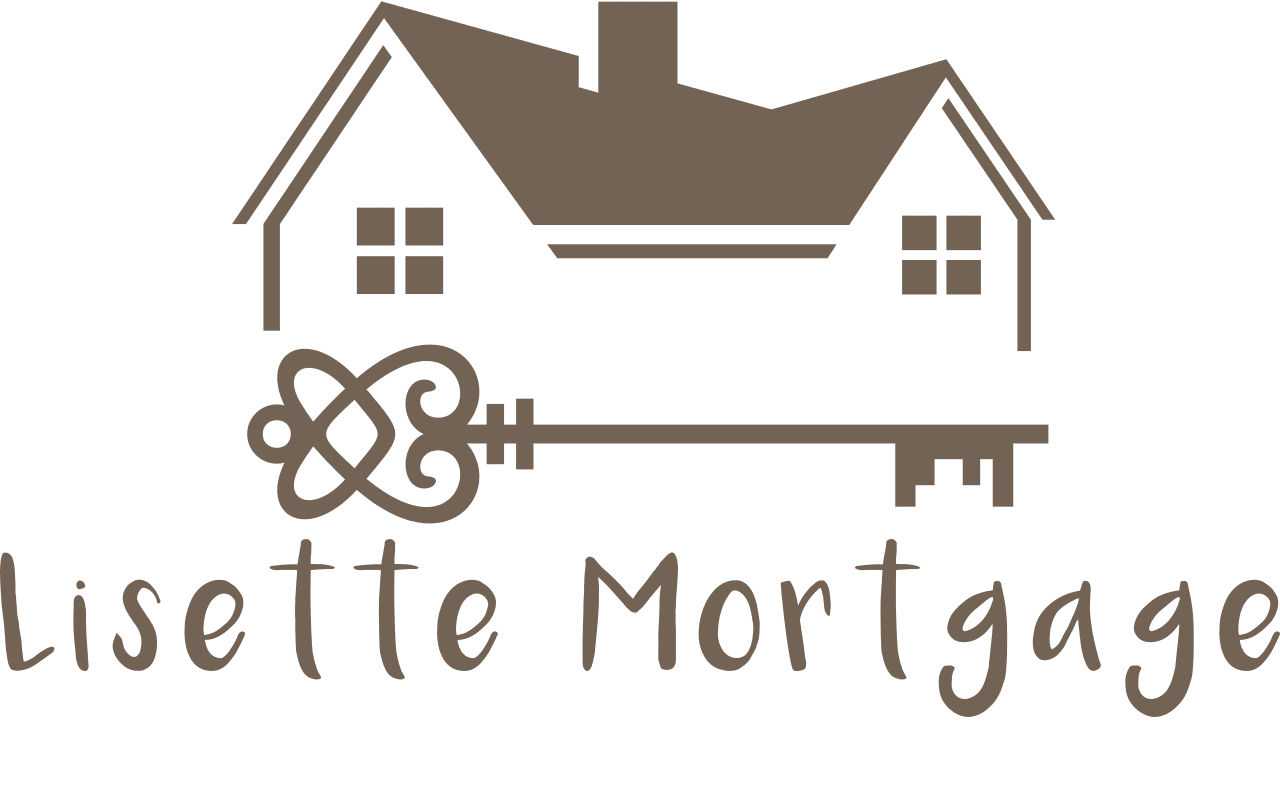FAQ
We recommend getting pre-qualified with a mortgage broker first. Once you are pre-qualified for a mortgage, you'll be able to shop with confidence. You'll know exactly how much you're able to purchase and estimated monthly payments.
This is the number one question asked to lenders, but the answer is not necessarily the same for everyone. The standard down payment on a home is 20% of the asking price. This amount is needed if you want to avoid paying private mortgage insurance (PMI). However, a mortgage can still be obtained for less than 20% down, but the borrower will be required to pay a monthly PMI (Private Mortgage Insurance) payment included in their mortgage payment.
First time home owners can come in with as little as 3% down payment or even no down payment with a program. If you have owned a home in the last three years, a 5% down payment is required.
Other programs are also available that allow you to buy a home with no money down, such as with a VA loan.
Please note that down payment options will vary based on 2nd/vacation homes and investment properties.
If you’re a first-time home buyer and you’re having difficulty saving for your down payment, then there are programs available that may be able to help. It always pays to ask for private assistance first, such as from parents or loved ones, but if this isn’t a possibility, then you can try one of the 2,000+ programs nationwide. You will need to meet their income and credit requirements in order to qualify.
Your mortgage payment is based on several factors. This includes the loan's principal and interest payment, private mortgage insurance (if needed) and escrows. Your escrow account is made up of your homeowners insurance and property taxes for the home. The amount you pay for both of these are divided in 12 monthly payments and added to your mortgage payment.
When you’re in the process of buying a home, the lender will require you to deposit money into an escrow account. This account is used to guarantee the lender that the ongoing expenses of owning the property, like the homeowners insurance and property taxes, will be paid for. A lump sum is deposited into the escrow account at closing, and a certain amount will be automatically deposited into it every time you make your monthly mortgage payment. Each month, you'll pay a portion of your annual property taxes and homeowners insurance into the account. When taxes and insurance are due, your mortgage company will draw funds out of the escrow account make the payments on your behalf.
Points are money that gets paid upfront in exchange for a lower interest rate. One point is equal to 1% of the loan amount, so on a $300,000 mortgage, one point will cost $3,000.
Paying points can be beneficial in most situations, but we need to crunch the numbers to make sure it is worth it. This is an option I go over with every client to make sure you are getting the best deal.
Mortgage Terms
APR
Annual Percentage Rate identifies the annual cost of a loan, including fees, expressed as a percentage.
DTI- Debt to Income
The debt to income ratio is determined by dividing your total monthly debt payments by your gross monthly income.
Down Payment
The initial payment that covers the difference between loan amount and purchase price. This can range anywhere from 0% to 20% depending on the loan program.
LTV- Loan to Value
Loan to Value is the ratio between the loan amount and the total home purchase price and/or value of home.
PMI- Private Mortgage Insurance
Down payments less than 20% will require the buyer to pay PMI. Mortgage insurance is required to protect the lender in case the borrower defaults on the loan.
P&I- Principal & Interest
Principal refers to the amount of money borrowed. Interest is the amount owed for borrowing the money.
Escrow Account/Payments
Your total monthly housing payment is made up of Principal & Interest and your escrows. Escrows are your home insurance and property taxes. Each month, you'll pay a portion of your annual property taxes and homeowners insurance into the account. When taxes and insurance are due, your mortgage company will draw funds out of the escrow account make the payments on your behalf.
Rate Lock
A rate lock is when the lender guarantees and interest rate to a borrower for a set period of time.
Connect With Lisette
Ready to make your homeownership dreams a reality? Reach out to me, the Gold Canyon Mortgage Broker that puts you first. I will guide you through seamless transactions and personalized loan solutions tailored to your needs. I look forward to starting this exciting journey with you. Contact me today. I'm here to help.
Contact
Phone Number
(480) 628-8855